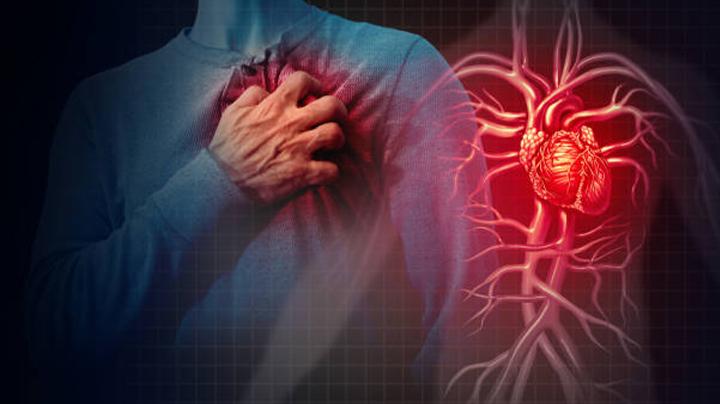Understanding Coronary Heart Disease: A Guide to Heart Health

Introduction:
Coronary heart disease (CHD), also known as coronary artery disease (CAD), is a common and serious condition that affects the heart's blood vessels. It occurs when plaque buildup narrows or blocks the coronary arteries, reducing blood flow to the heart muscle. This guide aims to provide patients with essential information about CHD, including its causes, symptoms, diagnosis, treatment options, and preventive measures, empowering individuals to take proactive steps to protect their heart health.
What Causes Coronary Heart Disease?
CHD develops over time due to a combination of factors, including:
- High cholesterol levels, leading to the buildup of plaque in the arteries.
- High blood pressure, which strains the heart and damages blood vessels.
- Smoking, which damages blood vessels and accelerates plaque buildup.
- Diabetes, obesity, and a sedentary lifestyle, which increase the risk of CHD.
- Family history of heart disease, genetic factors, and aging.
Recognizing the Symptoms:
Symptoms of CHD can vary widely and may include:
- Chest pain or discomfort (angina) that may feel like pressure, squeezing, or tightness.
- Shortness of breath, especially during physical activity or exertion.
- Fatigue, weakness, or dizziness.
- Nausea, indigestion, or abdominal discomfort.
- Pain or discomfort in the neck, jaw, throat, back, or arms.
It's important to note that some people with CHD may experience no symptoms, a condition known as silent ischemia, making regular check-ups and screenings crucial for early detection.
Dr Raghavendra Chikatoor, Sr Consultant - Cardiothoracic Surgeon says, "Coronary heart disease is a serious condition that requires proactive management and lifestyle modifications. By working closely with your healthcare team and making positive changes to your diet, exercise routine, and overall lifestyle, you can significantly reduce your risk of heart-related complications and enjoy better heart health."
Diagnosis and Evaluation:
Diagnosing CHD typically involves a combination of medical history assessment, physical examination, and diagnostic tests, including:
- Electrocardiogram (ECG or EKG) to measure the heart's electrical activity.
- Stress tests, such as exercise stress tests or nuclear stress tests, to assess heart function during physical activity.
- Coronary angiography to visualize the coronary arteries and identify blockages.
- Cardiac CT or MRI scans to evaluate heart structure and function.
- Blood tests to measure cholesterol levels, cardiac enzymes, and biomarkers.
Treatment Options:
Treatment for CHD focuses on relieving symptoms, reducing the risk of complications, and improving heart function. Treatment options may include:
- Lifestyle modifications, such as adopting a heart-healthy diet, engaging in regular exercise, quitting smoking, and managing stress.
- Medications to lower cholesterol, control blood pressure, prevent blood clots, and manage symptoms.
- Percutaneous coronary intervention (PCI) or coronary artery bypass grafting (CABG) surgery to restore blood flow to the heart.
- Cardiac rehabilitation programs to support recovery, improve cardiovascular fitness, and reduce the risk of future heart events.
Conclusion:
Coronary heart disease is a significant health concern that requires attention and proactive management. By understanding the causes, recognizing the symptoms, seeking timely medical evaluation, and adhering to treatment recommendations, individuals can effectively manage CHD and reduce their risk of complications. Empower yourself with knowledge, prioritize your heart health, and take control of your wellbeing. Remember, small changes can lead to significant improvements in your heart health and overall quality of life.
Specialities
Clear allMeet the doctor

Dr Raghavendrra Chikatoor
Cardiothoracic and Vascular Surgery
MBBS, MS (Gen Surgery), MCh (Cardiothoracic Surgery)











